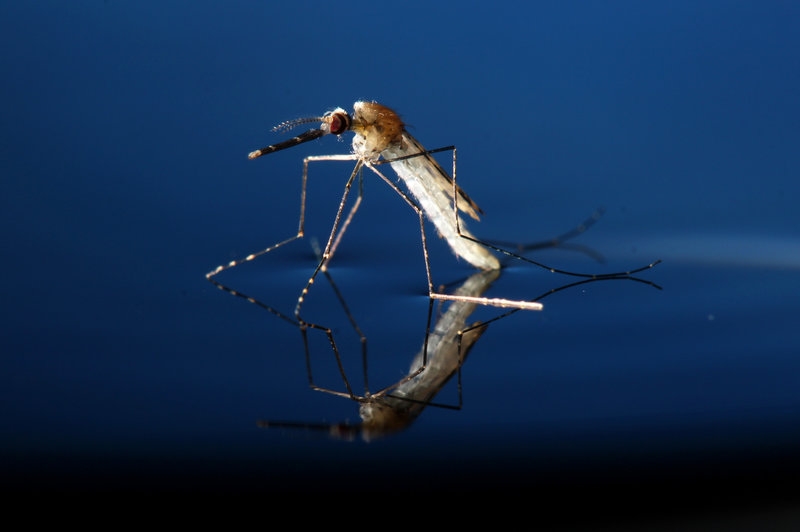Genetically engineering a malaria-free world

A team of biologists at Imperial College, London have altered the genetics of the Anopheles Gambiae mosquito, the type mosquito capable of spreading malaria, to curtail the spread of the disease. The scientists did this by using “gene drive” technology, a technique that spreads a gene or set of genes through a population via reproduction. The goal is to target malaria-infected mosquitoes and prevent them from reproducing by spreading a gene that causes female infertility.
Malaria is one of the world's deadliest diseases, killing more than 400,000 people every year, and is the biggest killer of children under five in Africa. According to the World Health Organisation, over 216 million cases of malaria were reported in 2016, as cited in their most recent World Malaria Report.
Professor Andrea Crisanti, Lead Researcher from the Department of Life Sciences at Imperial commented:
"This breakthrough shows that gene drive can work, providing hope in the fight against a disease that has plagued mankind for centuries.”
By altering the gene that disrupts the mosquitos’ sexual development, the females become infertile but the males remain able to spread the debilitating gene, causing the population to dwindle as time goes on. Dr. Crisanti found that laboratory populations of mosquitoes can be driven to extinction within 11 generations, he and colleagues report in Monday’s issue of Nature Biotechnology.
Although promising, many remain sceptical about the validity of gene drives. Some worry about the unpredictable effects this type of genetic mutation can have on ecosystems and the environment. Others are concerned about the population of people that live where these mosquitos could potentially be released:
Nnimmo Bassey, Director of the Health of Mother Earth Foundation, which is based in Nigeria, added:
“Africa has become a testing ground for a technology that has not been proven — a technology that no one could say is safe definitively…We have a problem with this."
The biologists who conducted the study and the scientific community acknowledge the serious concerns associated with projects like this. In order to move from a laboratory and into actual implementation, broad political debate, rigorous regulation and the consent of people living in any areas where they might be released are going to be required. But the biologists from Imperial College, London remain hopeful that this technology will be used to save the lives of millions of people.
The AIDF Global Summit will return to Washington in 2019.
If you’d like to stay informed on the latest updates in aid and development, please sign up for the AIDF newsletter.
Photo Credit: Andrew Hammond














